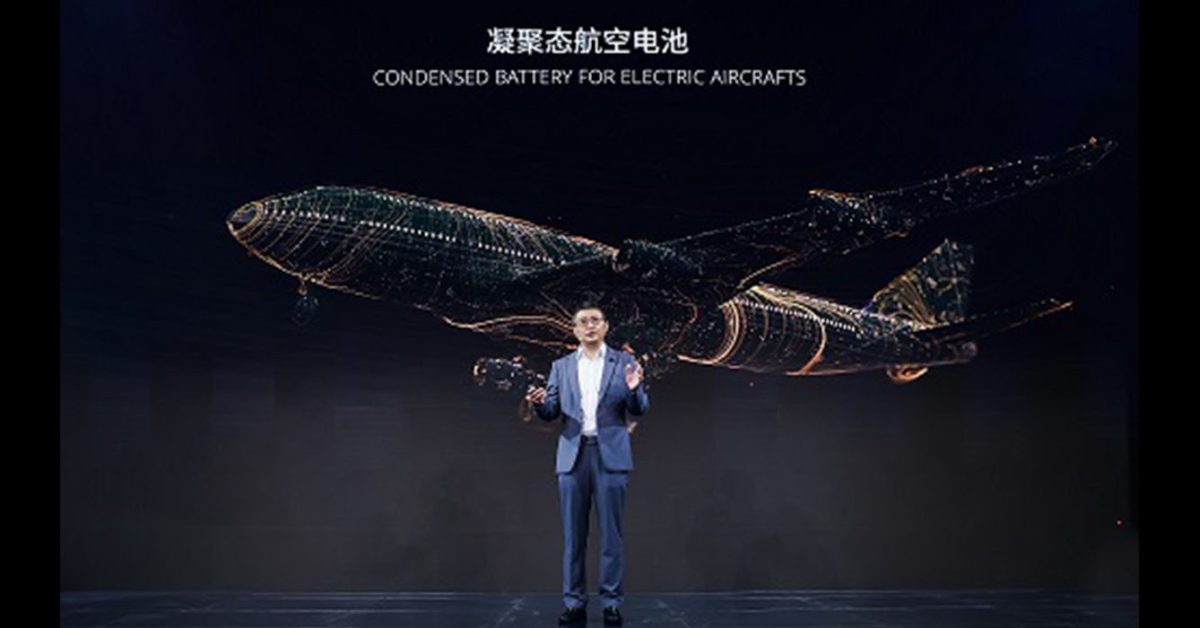I seriously doubt the viability of this, but I’m looking forward to being proven wrong.
Possibility for private planes, but none for commercial planes. Just imagine a commercial passenger plane or cargo plane that needed a giant amount of electricity and like 12 hours of charging in between every flight.
Then, for safety reasons you’ll need to have two batteries in case one goes bad.
You can simply do battery swaps. Plane refueling already requires heavy machinery and industrial scale. I bet battery swaps will be faster than refueling.
And, no more tedious fuel calculations, just charge it all the way up, it doesn’t add any extra weight to do so.
Oddly enough I do actually think a charged battery is heavier, just as a full hard drive is heavier. But not to a degree that would matter.
That article you linked is utter trash, but it is correct about battery weight of a charged battery…technically…very technically…barely.
Like, a 4,000 mah lithium battery fully charged should weigh about 30 picograms more than when dead.
To put 30 picograms into perspective; a single 5 inch long human hair weighs around 0.04 grams. Well that’s 40,000,000,000 picograms.
Haha, that’s fair I didn’t really vet the article as I’ve read about the concept and know it’s true (although as you point out only on a technical level).
The US really doesn’t understand that there is simply no competing with these batteries. To try to block the import of them is only going to set our own local industry back in their ability to compete in the global economy. And ironically the BMS systems for CATL are still using American semiconductors, so the US still gets some revenue from their massive expansion.
The most viable competitors to CATL are all in China too. I’d be somewhat supportive of a CATL specific ban due to their notoriously terrible employee working conditions and crazy NDAs/non-competes, but to ban all Chinese batteries in the US would be a huge mistake.
Its simple. Now that China is in the lead, do what China did to the west. If you want access to the markets you have to build a plant in the US and share IP. That’s why the EU just proposed to China’s EV manufacturers.
It’s good for everyone. Consumers get cheap batteries, China gets Western Markets, and Western companies get Chinese technology to drive the next wave of competition.
There just needs to be a cemented in place ban that can’t be undone for at least 20 years.
There’s nothing being made in the US for batteries because you can’t beat China in price and companies aren’t going to put six billion dollars and 5 tears of construction I to making a battery factory if they don’t believe the ban would last long enough for it to be worth it.
You know. I’m tired of seeing images of ceos and executives who have done none of the work for technologies alongside a picture of said technology. Show me a picture of Devin and the other engineers who spent all the hours figuring it out instead.



